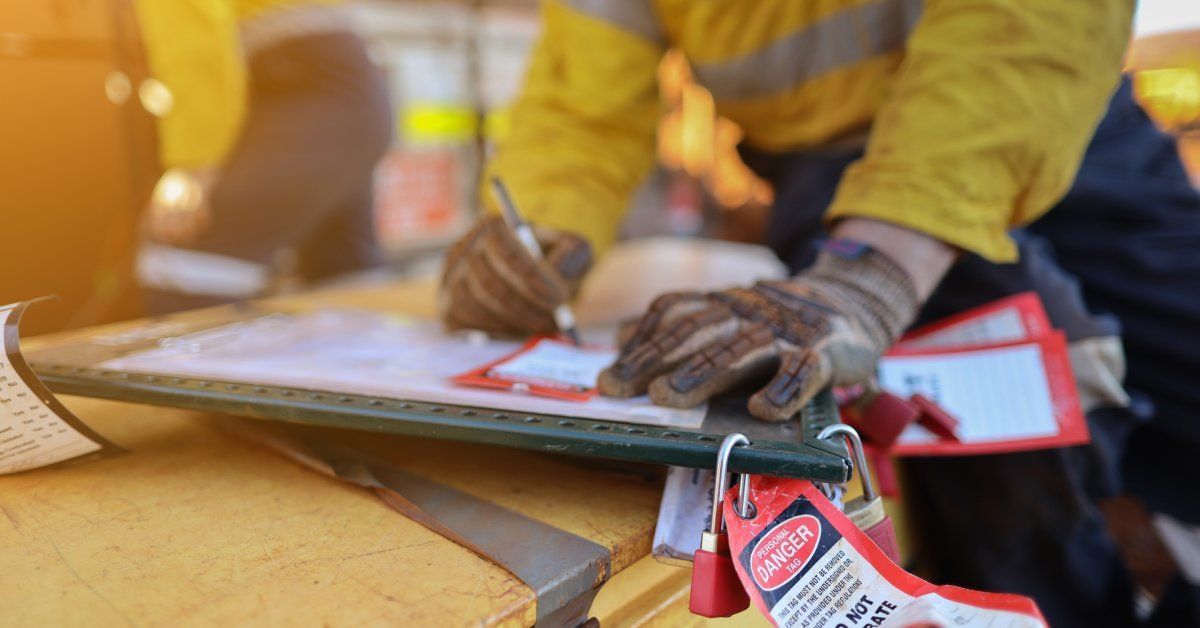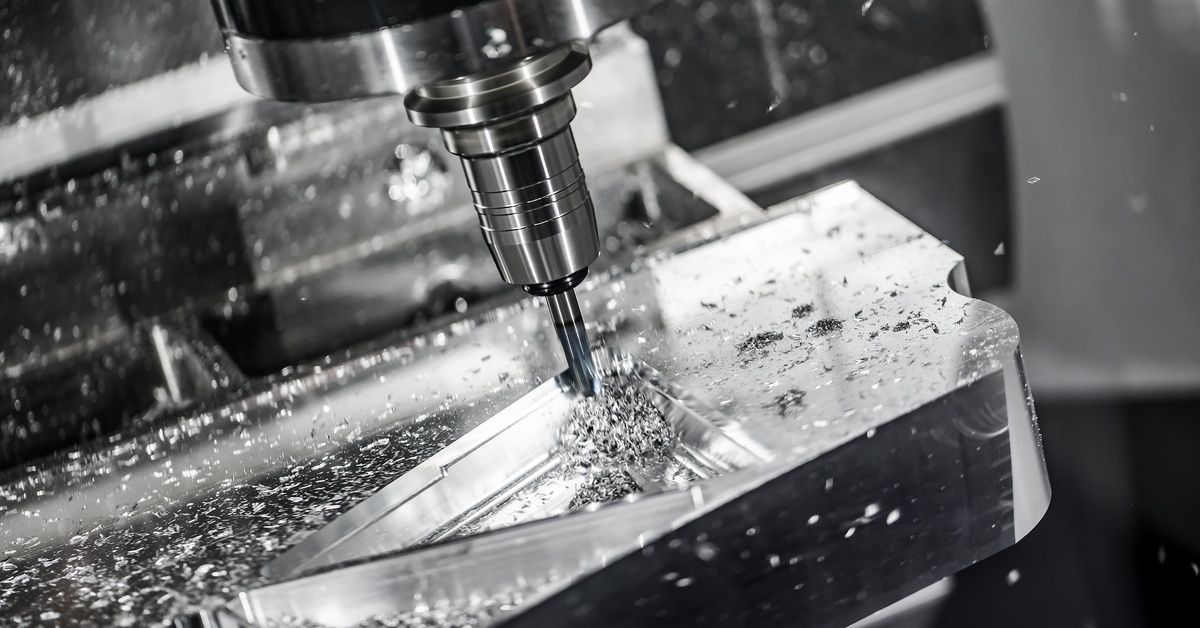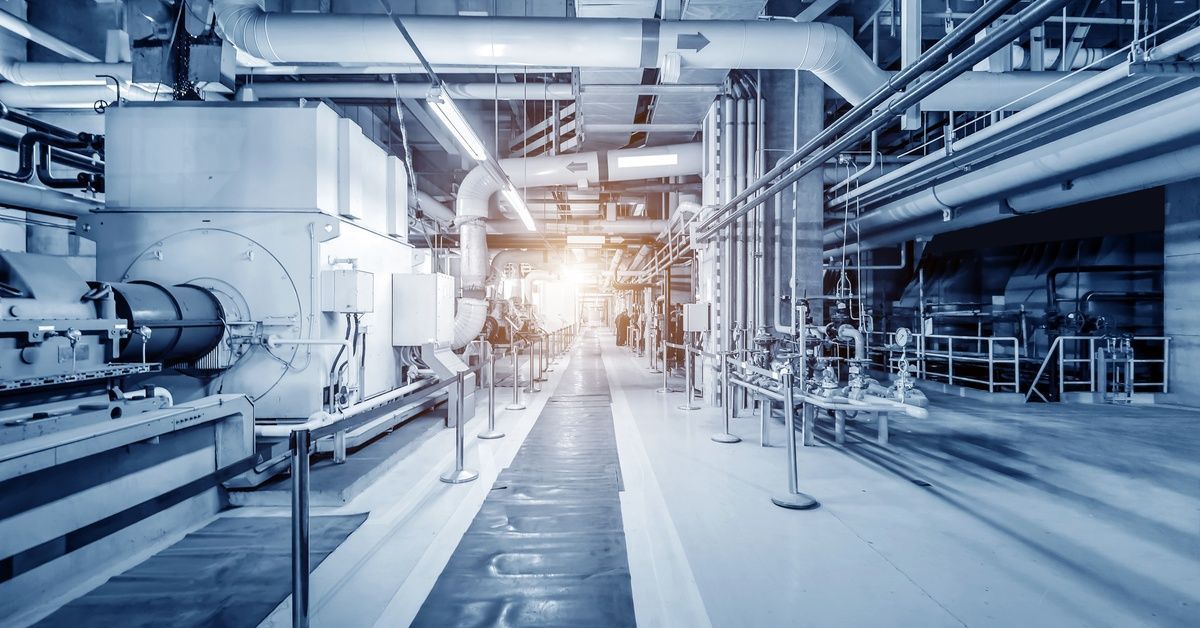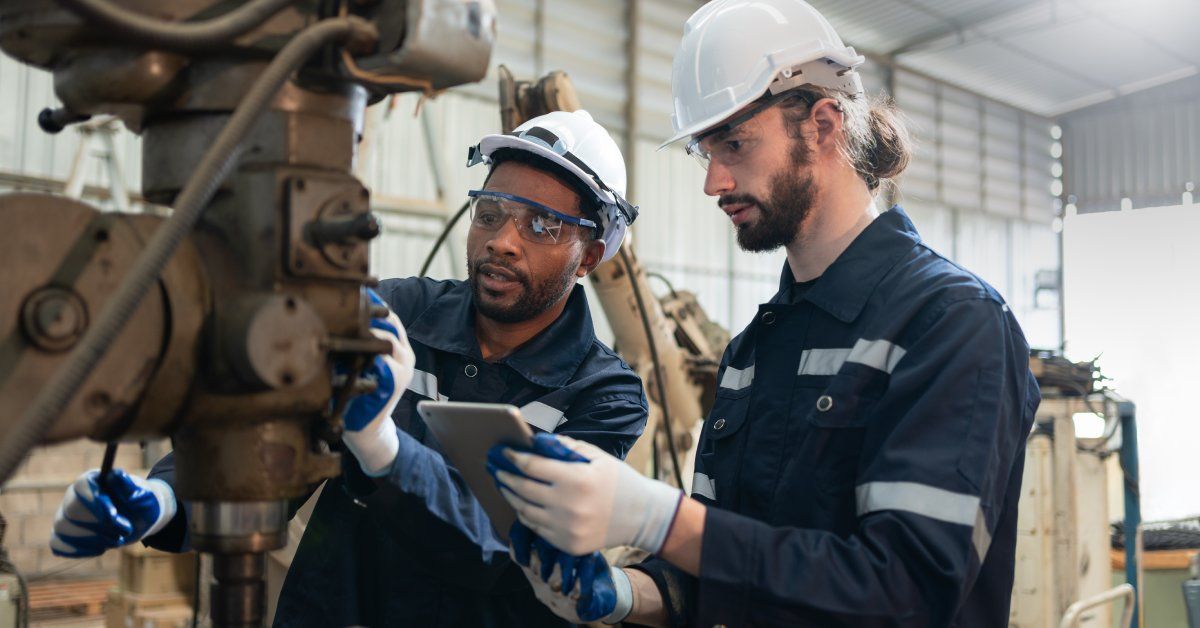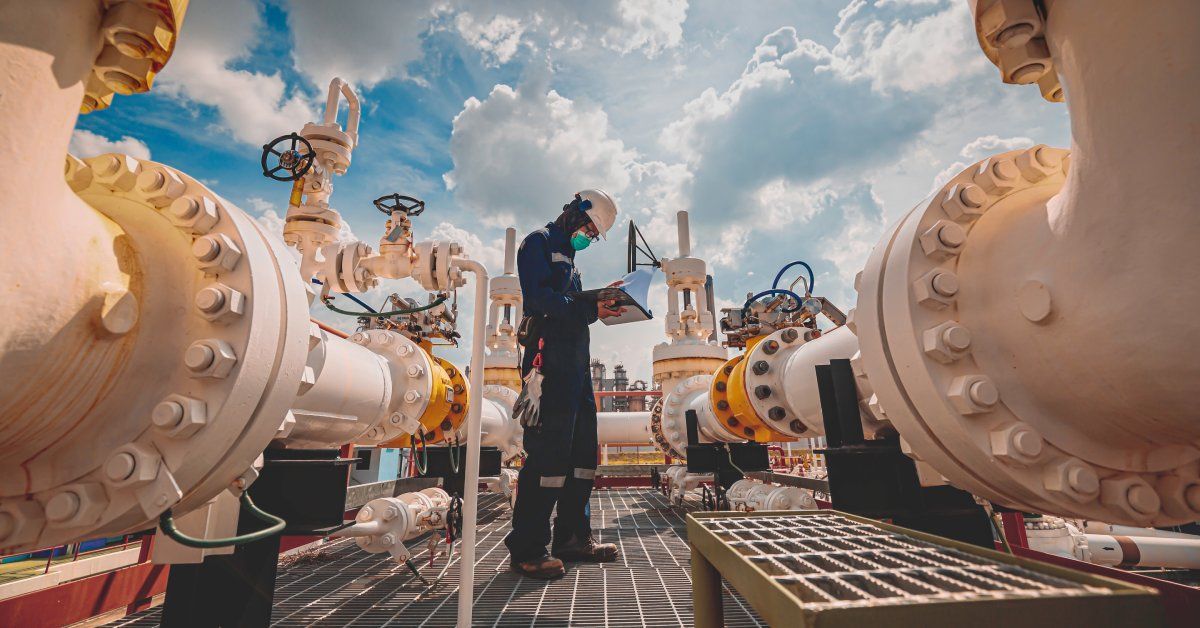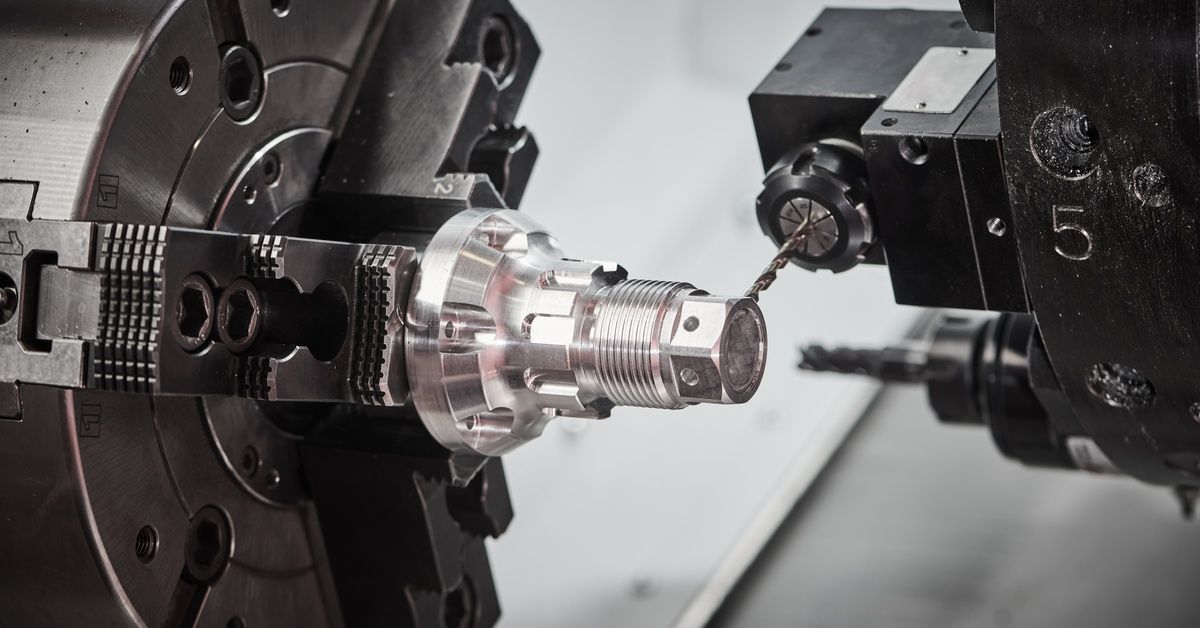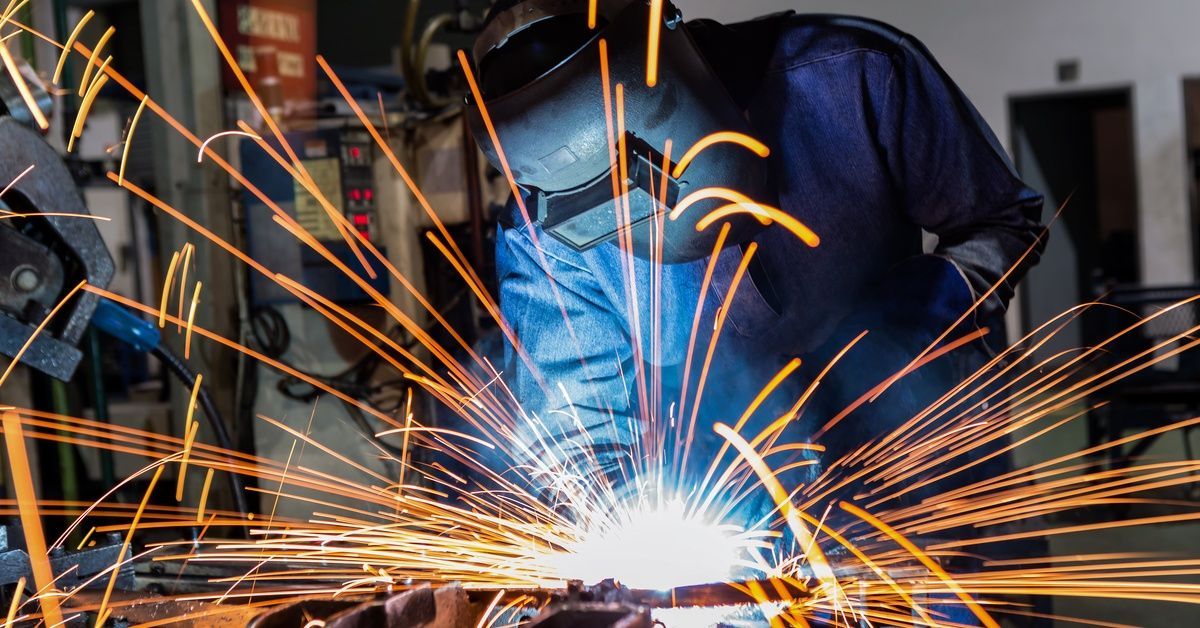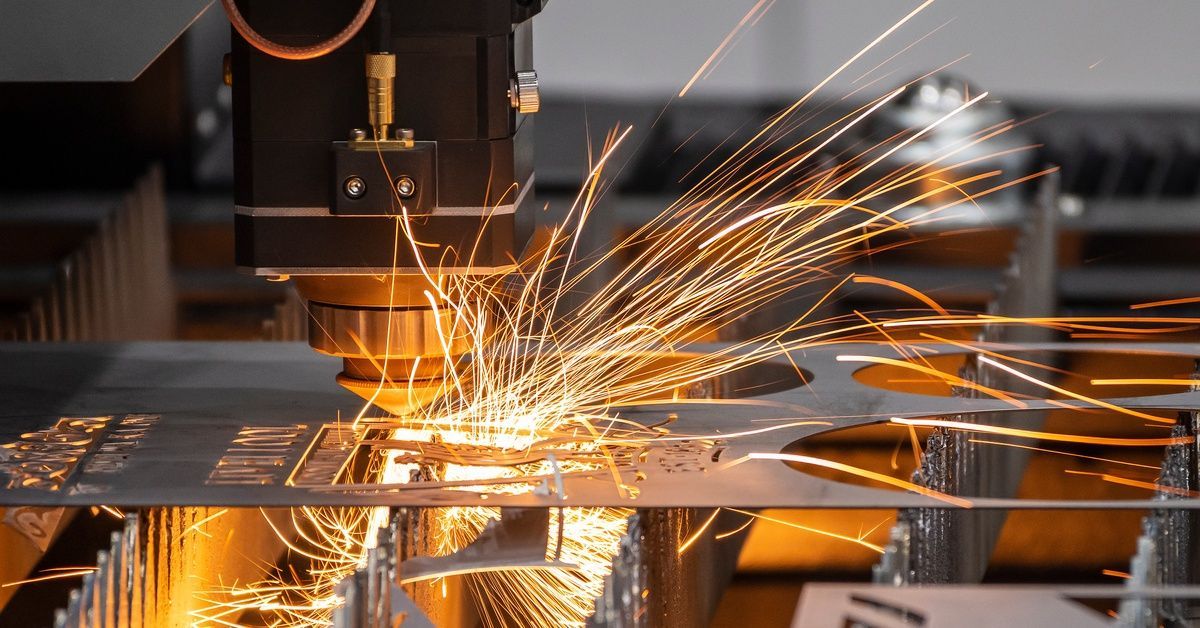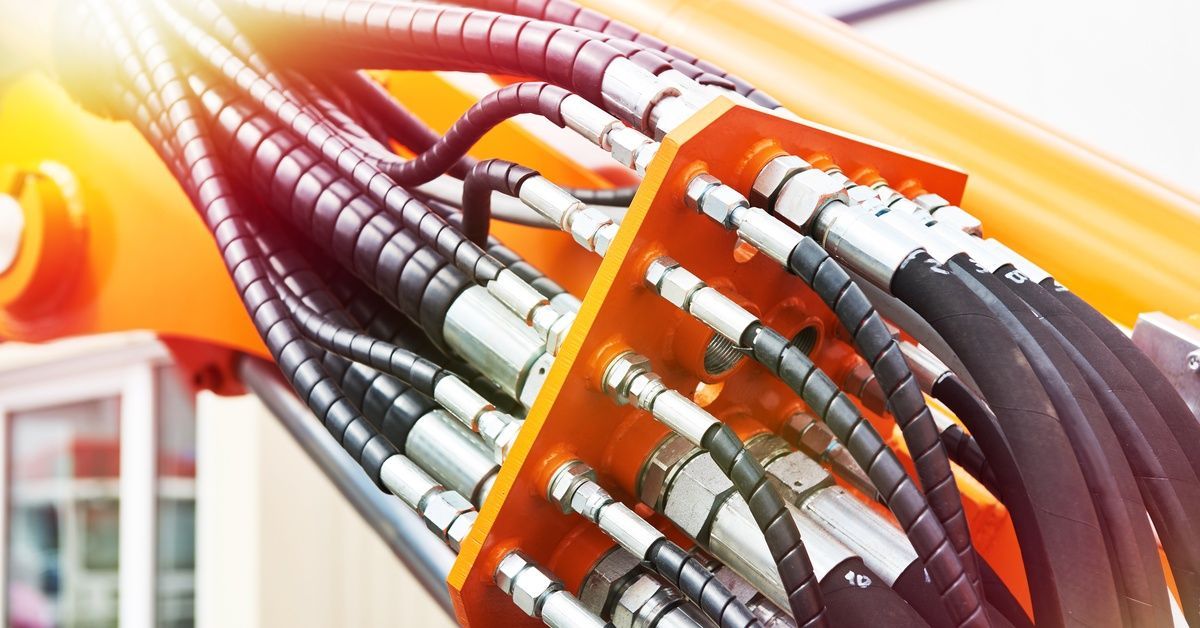The Difference Between Metal Fabrication and Machining
Metal fabrication and machining are two commonly used processes in the manufacturing industry, but many people may not fully understand their differences. Both involve shaping materials to create a finished product, but they use different techniques and tools to achieve this goal. Discover the difference between metal fabrication and machining so that you can choose the right fabrication shop and implement both and create high-quality workpieces for a wide range of applications.
Defining Each Process
Metal fabrication is a process of cutting, bending, and assembling metal pieces to create a desired shape or product. It involves using various tools such as saws and welders to work with sheet metal and other materials you can transform for workplace needs.
Machining, on the other hand, is a process of removing material from a solid block or cylinder to create a desired shape. This process uses machine tools such as lathes and drills to cut and shape metal into precise dimensions.
As you can see, both processes ultimately come down to taking a metal piece and working on it with specialized tools and refined techniques. However, there is still more to explore regarding what sets machining and fabricating apart.
Examining The Differences
One of the main differences between fabrication and machining is the starting material. In metal fabrication, the process begins with a piece of sheet metal or bar stock, which experts can then form using various techniques to create the desired product. However, in machining, the process starts with a solid block or cylinder of metal, and an expert removes chunks of metal to form the final product.
Another key difference between the two processes is the types of tools used. Typically, metal fabrication involves using handheld tools, whereas machining tends to use more advanced, computer-controlled machine tools that allow for higher precision.
Computer numerical control (CNC) machines are very precise tools for machining metal workpieces. In terms of capabilities, metal fabrication can create large and complex structures, while machining is typically used for smaller and more precise or intricate parts.
Knowing When To Use Them
Determining when to use metal fabrication versus machining depends on the specific needs and requirements of the project. If you need a large and complex structure, metal fabrication may be the best option. On the other hand, if you need precise and small parts, machining is likely more suitable.
That said, you can use both processes on small- and large-scale projects. So, if machining with a metal block makes more sense for the larger part you’re trying to create, then don’t hesitate to switch gears for the best results. Maintaining clear communication between businesses and fabrication or machining shops is critical for finding custom solutions. The main differences between metal fabrication and machining come down to how the expert creates the final product.
Understanding the differences between these processes can help businesses make informed decisions about which method to use for their specific project needs. At James Manufacturing, our team of custom metal fabricators can easily custom-build parts for many industries. Contact us today if you’re ready to move forward with a fabrication or machining task for your workplace.
